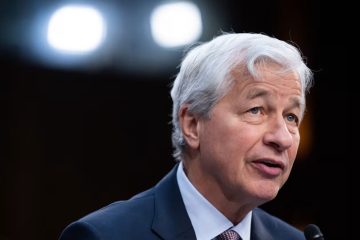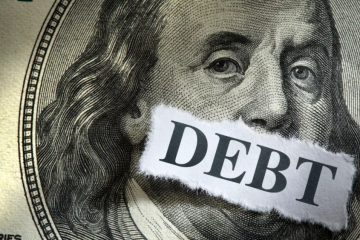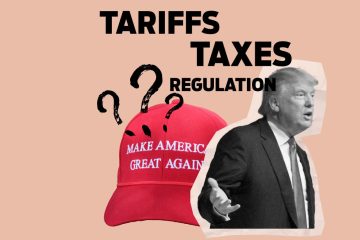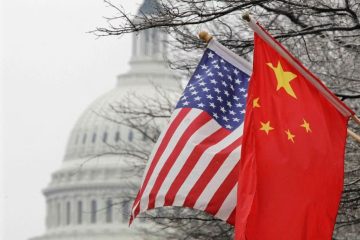A New Insider-Trading Theory from the SEC
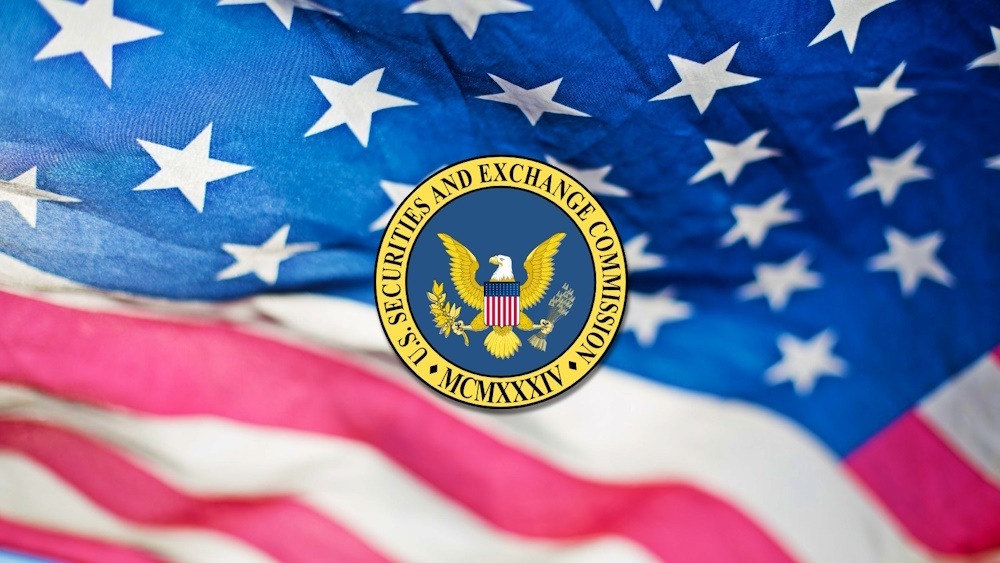
Insider trading in stocks has never been established by Congress, but that hasn’t stopped the SEC and prosecutors from interpreting statutes in vague ways. The SEC under Chairman Gary Gensler is set to resume its civil trial next month, aiming to broaden its scope to penalize the trading of shares in a different firm without the defendant possessing any insider knowledge.
There is no clear prohibition against trading on confidential information in federal law. However, insiders commit fraud against their employers when they “misappropriate” sensitive knowledge for their own benefit, according to the courts. The typical example involves an insider who, using confidential corporate information, buys and sells shares of stock or who tips off another insider who subsequently buys and sells for a profit. Even while insider trading liability has been limited by courts, authorities continue to come up with new ideas.
Matthew Panuwat was accused of insider trading by the SEC in 2021 for his successful and timely options trade on the stock of another pharmaceutical business. Panuwat worked for the biopharmaceutical firm Medivation. In 2016, Medivation was pitching itself to major pharmaceutical corporations after developing a highly successful medication for prostate cancer.
After Medivation’s CEO wrote an internal email promising an imminent deal to be bought by Pfizer, the SEC contends that Mr. Panuwat began buying call options for Incyte, a different firm. Even while Incyte and Medivation weren’t in direct competition with one another, the SEC claims that Mr. Panuwat was aware of a correlation between their stock values.
Incyte and a number of other mid-sized pharmaceutical businesses saw their share prices soar once the news of Medivation’s acquisition spread. Mr. Panuwat made about $107,000 when he sold his Incyte options. Allegedly, Mr. Panuwat engaged in insider trading by placing bets on Incyte’s stock using secret Medivation information, according to the SEC. Although such transactions were forbidden by Medivation’s corporate policy, breaking that policy is not the same as breaking a federal law.
Mr. Panuwat argues that information regarding Medivation’s possible acquisition was not confidential since it was publicly known that the company was for sale. Additionally, he asserts that he staked his money on Incyte due to his belief that the market was undervaluing the company.
Aside from factual disagreements, the main issue with the SEC case is that it creates new insider-trading laws through enforcement without establishing any limiting principles. It is possible to accuse an executive of investing in shares of any company in his industry group. Still, it’s common knowledge that news about a single company can have a significant impact on the price other stocks in the same industry.
This SEC argument may lead to charges for an Nvidia employee who, upon learning of his company’s great earnings quarter, invested in tech stocks or an exchange-traded fund (ETF) focused on technology. “An undocumented and widespread mechanism that insiders use to avoid regulatory scrutiny” was the moniker given to this conduct in a 2021 academic paper, which cited sources as “shadow trading.”
The SEC appears hell-bent on prosecuting Mr. Panuwat to convey a message to the market that shadow trading is absolutely forbidden. However, it is a misuse of the legal system to penalize an individual subsequent to the fact for actions that they were unaware were unlawful.
The Supreme Court’s propensity to define insider trading anyway it pleases was criticized by Antonin Scalia and Clarence Thomas in 2014 when they denied a cert petition in Whitman v. U.S. The role of the legislature in determining criminal penalties is limited. According to Justice Scalia’s opinion, Congress cannot ambiguously delegate such responsibility to the courts or the administrative bureaucracy.
In a statement, Justice Scalia recalled that “the judges responded that ‘the King cannot create any offence by his prohibition or proclamation, which was not an offence before.'” This occurred when King James I attempted to establish new crimes through royal decree. “But James I was not privy to Chevron’s favor.” Chevron might also slip from Mr. Gensler’s hands soon. In January, a case was brought before the High Court challenging the Chevron doctrine, a precedent that the court had established. This theory states that in cases of legislative ambiguity, judges must respect regulators’ interpretations of the law.
Another instance of regulators abusing nebulous rules to increase their authority and circumvent legal due process appears to be the SEC’s shadow insider-trading theory. A prohibition on the practice is within the purview of Congress. Despite his occasional antics to the contrary, Mr. Gensler is not King James I.




